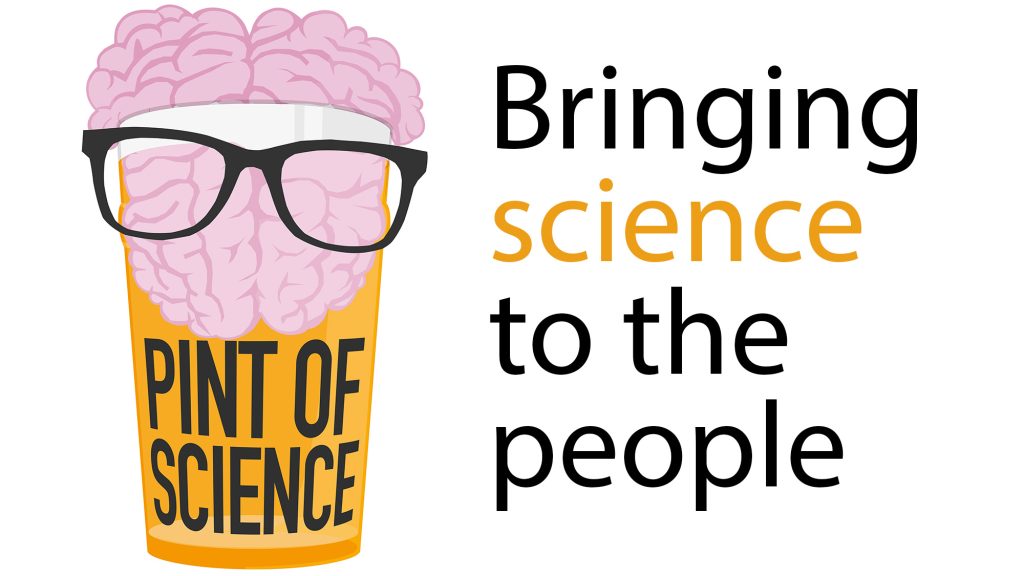In recent years, a powerful movement has emerged to break down the barriers between academia and the public: bringing science into everyday spaces in accessible, engaging ways. One of the most popular expressions of this trend is Pint of Science, an international festival that takes science out of the lab and into pubs, with the goal of making scientific knowledge approachable and enjoyable for everyone.
Founded in 2012 in the United Kingdom by researchers at Imperial College London, Pint of Science has since spread to over 25 countries. The format is simple yet impactful: for a few days, scientists from various disciplines give talks in bars and cafés, opening up informal discussions with curious audiences. Far from the formality of academic conferences, these events invite questions, spark debate, and help people discover the excitement of scientific discovery in a relaxed, welcoming environment.
This festival is part of a broader movement known as citizen science, which encourages non-experts to actively participate in scientific research. Citizen science not only democratizes knowledge but also fosters a more informed and critically minded public. In fact, co-creation with society and demonstrable social impact are no longer optional. Today, they are essential components of research programs funded by the European Commission. These programs explicitly call for researchers to engage with citizens, stakeholders, and local communities—not just to communicate results, but to design research together from the beginning. The goal is clear: to ensure that science responds to real social needs and contributes directly to, for example, sustainable development goals.
Events like Pint of Science and co-creative science projects not only bring science closer to people—but people closer to science. Ultimately, they do not just celebrate science; they transform it into a shared, dynamic, and socially relevant experience. Science belongs not only to labs and universities but to everyone. And what better way to spark those questions than over a good conversation—and a toast.
Editor of Daily 27.
Predoctoral researcher at the Department of Sociology in University of Barcelona.


